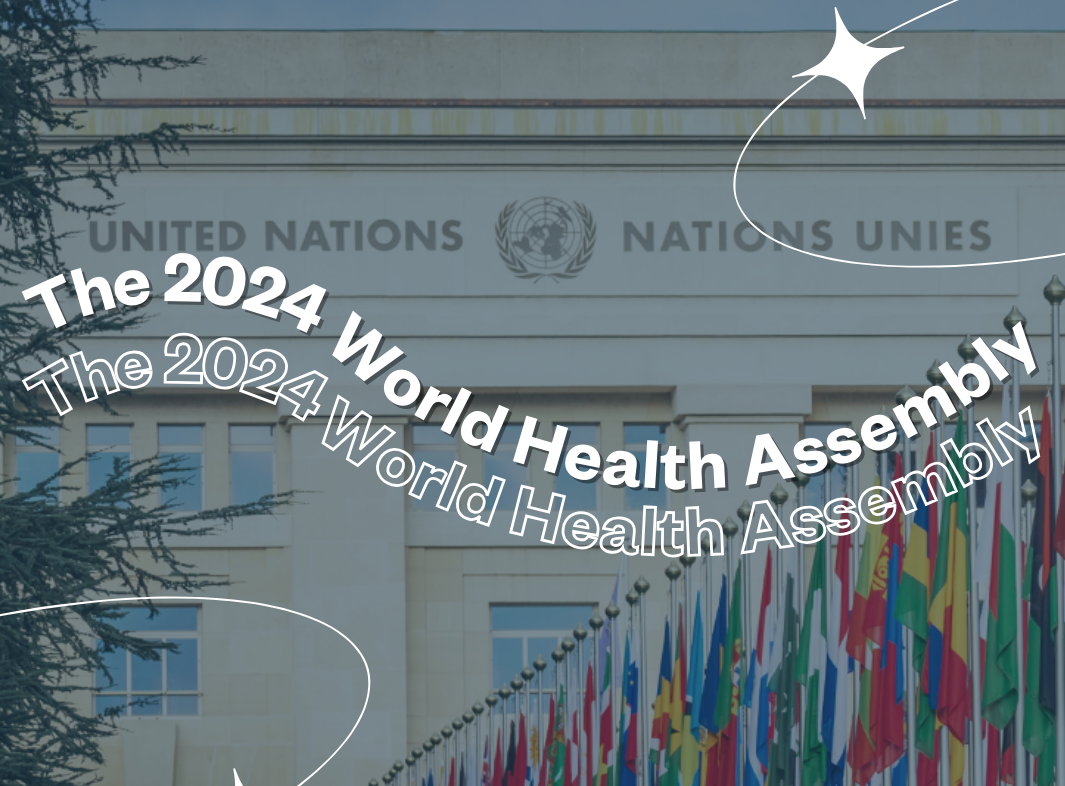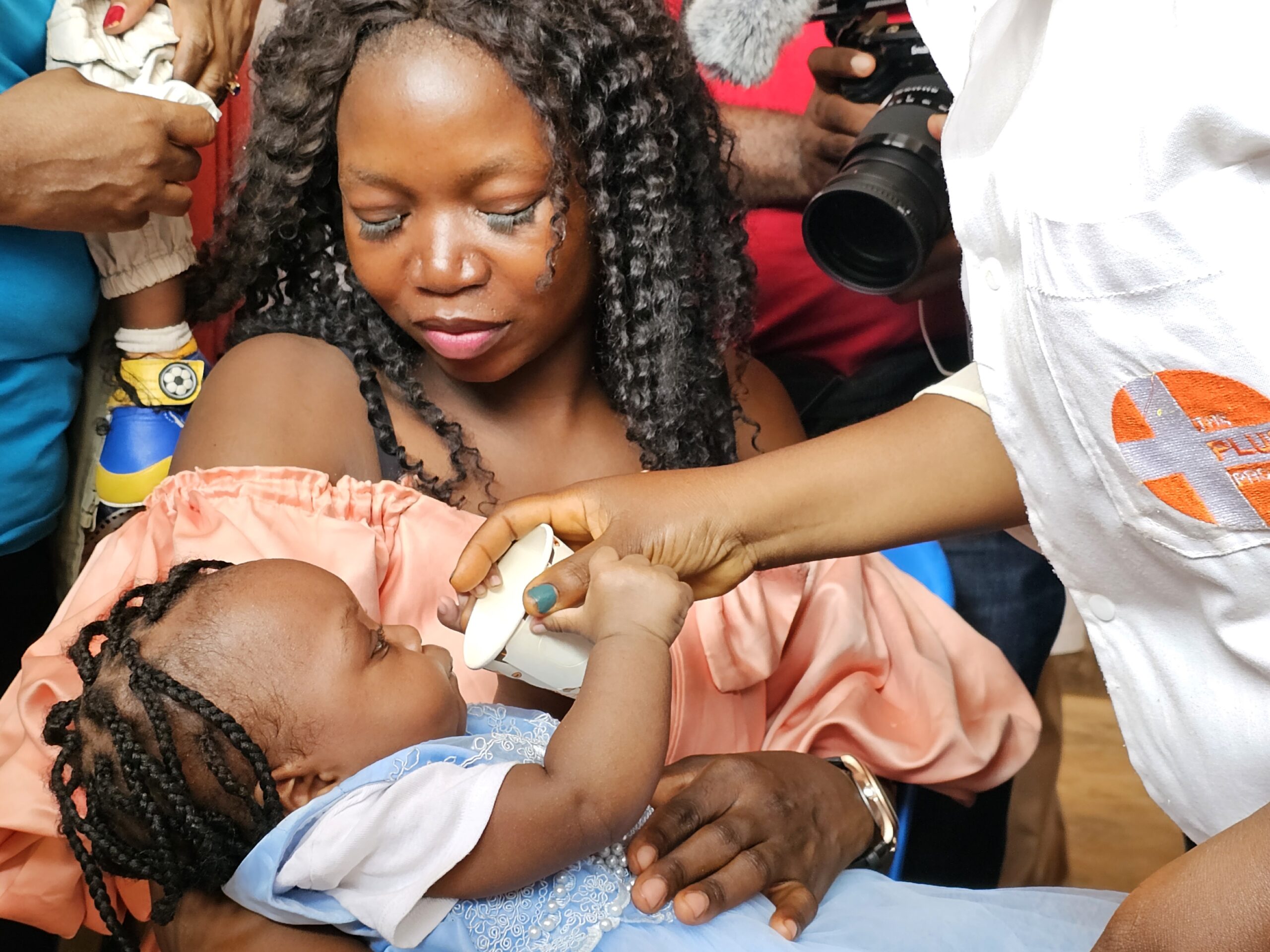The 77th World Health Assembly Begins
Immunization promises to be a major topic as the World Health Assembly begins in Geneva.

The 77th World Health Assembly has kicked off in Geneva, bringing together experts and policymakers from all of the World Health Organization (WHO)’s 194 Member States. This year’s theme is “All for Health, Health for All,” emphasizing the critical importance of global solidarity to achieving a healthier world for everyone.
This year’s World Health Assembly is particularly notable, the global health community marks the 50thanniversary of the Expanded Program on Immunization, which has saved more than 154 million lives over the past five decades. Beyond this milestone, immunization promises to be a major topic this year, with the evolving fight against malaria, the threat of anti-microbial resistance, and prevention of future pandemics all on the agenda.
Pandemic preparedness
While the world is no longer suffering through the acute phase of the COVID-19 pandemic, the pandemic was a stark reminder that diseases anywhere are a threat everywhere. In response, all 194 WHO member states resolved in late 2021 to develop a new pandemic treaty, the terms of which would help us prepare to prevent, detect, and respond to future pandemics. But negotiations have been challenging, and an agreement was not reached before the start of the World Health Assembly.
The pandemic agreement would cover a range of issues, and the challenges are varied, but vaccines have been at the center of the conversation. As many as one million people in low-income countries may have died due to lack of access to COVID vaccines at the same time wealthier countries were administering boosters. Ensuring more equitable access to vaccines and other treatments in the event of a future pandemic is an essential, but the details have been the subject of difficult negotiations. A related sticking point has been intellectual property law and whether patents would be shared with emerging manufacturers in Africa and elsewhere in the event of a new crisis.
While negotiators have thus far failed to agree on the draft text for the treaty, the World Health Assembly may still see some progress towards pandemic preparedness. New reporting by Health Policy Watch points to the possibility that parallel updates to WHO’s emergency rules may include commitments by wealthier countries to support disease surveillance and outbreak prevention and response in low-income countries.
“The pandemic agreement can bring all the experience, all the challenges that we have faced and all the solutions into one. That agreement can help us to prepare for the future in a better way.”
Dr. Tedros Adhanom Ghebreyesus, WHO Director-General
A final pandemic agreement remains an important goal to ensure a more equitable and effective response to future health emergencies. But the clear emphasis on equity and solidarity evident in the proposed updates to the emergency rules and throughout the treaty negotiations suggest some of the lessons of the COVID-19 are being learned.
Malaria
Also high on the agenda is malaria, where we face lingering challenges caused by pandemic-era disruptions as well as new possibilities presented by the two new malaria vaccines.
The world had been making progress in the fight against malaria thanks to improved treatments and increasing use of preventative measures like insecticide-treated bed nets. But progress was already slowing when COVID-19 disrupted routine health services. As with many other deadly childhood diseases, malaria cases and deaths rose during the pandemic; more than 600,000 people died of malaria in 2022, most of them children under five.
The two malaria vaccines approved by WHO could be a critical tool in reversing these trends and helping get the fight against malaria back on track. The RTS,S vaccine, first rolled out in Cameroon, is set to reach 20 African countries this year, while the first deliveries of the R21 vaccine have just been made in the Central African Republic. While the continued use of existing malaria prevention tools remains essential, and vaccine supply may take time to meet demand, vaccines are promising developments that feature prominently as one of WHO’s “opportunities to accelerate progress against malaria,” and will be a major subject of official discussions and side events.

Anti-microbial resistance
Finally, one of the emerging health threats on the agenda at this year’s World Health Assembly is anti-microbial resistance (AMR), the process by which bacteria, viruses, fungi, and parasites develop resistance to antimicrobial medicines such as antibiotics. AMR already directly causes or contributes to some five million deaths per year, one million of whom are children under five, making it a one of the most serious emerging health challenges.
Vaccines can play a significant role in combating AMR. By decreasing rates of infection, immunization reduces the use of antibiotics and antivirals, thus slowing or preventing the development of resistance. In addition to preventing bacterial infections both in the community and in hospital settings, high immunization rates can result in herd immunity, further reducing disease spread and infection, antibiotic use, and AMR.
A WHO resolution on AMR is on the agenda for the World Health Assembly, and it recognizes the important role vaccines have to play in combating it. The resolution calls on member states to support research and development for new vaccines and emphasizes the importance of vaccines as part of a holistic strategy to combat AMR. It also calls for “timely and equitable supply of quality and affordable essential vaccines, diagnostics and antimicrobials,” echoing the theme of equity, including vaccine equity, that runs through this year’s World Health Assembly agenda.

